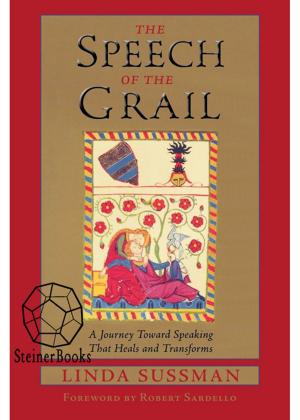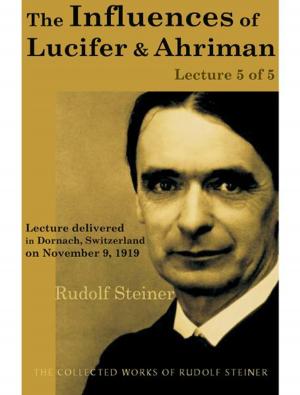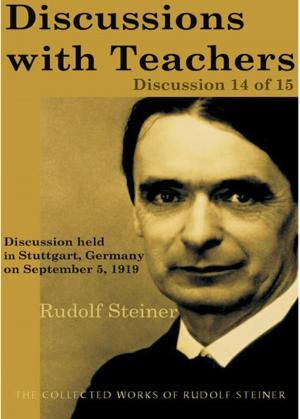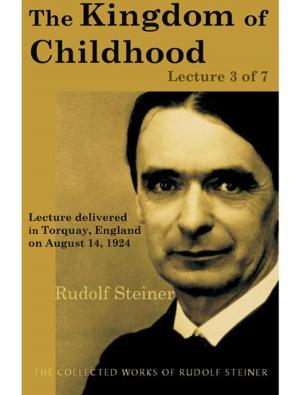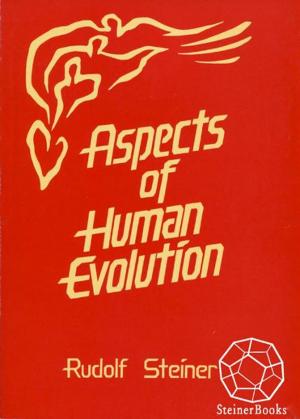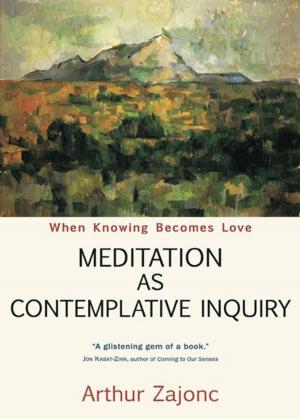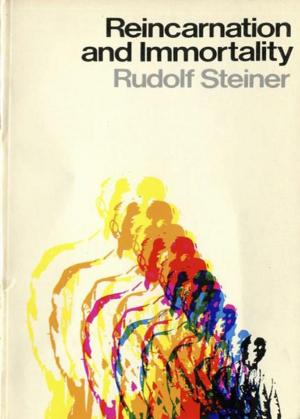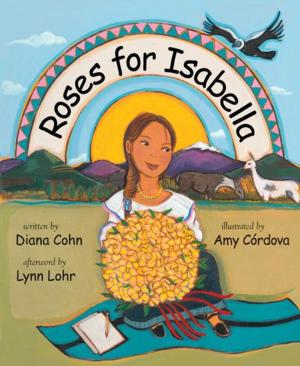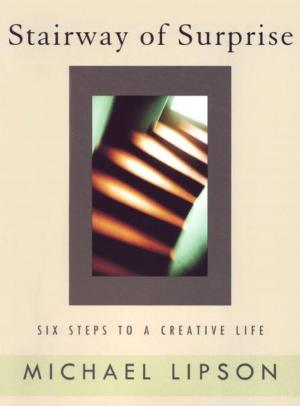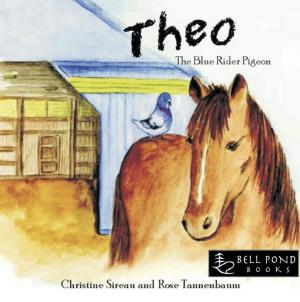Returning to Seneca Falls: The First Women's Rights Convention & Its Meaning for Men Today
Nonfiction, History| Author: | Bradford Miller | ISBN: | 9781621511175 |
| Publisher: | Steinerbooks | Publication: | August 1, 1995 |
| Imprint: | Lindisfarne Books | Language: | English |
| Author: | Bradford Miller |
| ISBN: | 9781621511175 |
| Publisher: | Steinerbooks |
| Publication: | August 1, 1995 |
| Imprint: | Lindisfarne Books |
| Language: | English |
In 1848 a mythic event took place at Seneca Falls, New York: the first Woman's Rights Convention, convened by a white woman, Elizabeth Cady Stanton, and made luminous by the presence of a black man, Frederick Douglassthe only man to speak in favor of her resolution for the vote. For Brad Miller, who was born and raised in Seneca Falls and came of age in the civil rights and the feminist movements, this story crystallizes and animates in a personal way the story of democracy as it strives for the moment when men and women will lead themselves, or be led, to the opportunity of individual responsibility and self-realization, without prejudice and the politics of race and gender. Creating his own mythology, Brad Miller takes us on a spiritual journey through the soul of America. Out of his own experiences, he seeks to create the vision of a new kind of humanity in which men and women, strong and equal, black and white, can move into the future, true heirs of that founding gesture of 1848.
In 1848 a mythic event took place at Seneca Falls, New York: the first Woman's Rights Convention, convened by a white woman, Elizabeth Cady Stanton, and made luminous by the presence of a black man, Frederick Douglassthe only man to speak in favor of her resolution for the vote. For Brad Miller, who was born and raised in Seneca Falls and came of age in the civil rights and the feminist movements, this story crystallizes and animates in a personal way the story of democracy as it strives for the moment when men and women will lead themselves, or be led, to the opportunity of individual responsibility and self-realization, without prejudice and the politics of race and gender. Creating his own mythology, Brad Miller takes us on a spiritual journey through the soul of America. Out of his own experiences, he seeks to create the vision of a new kind of humanity in which men and women, strong and equal, black and white, can move into the future, true heirs of that founding gesture of 1848.


